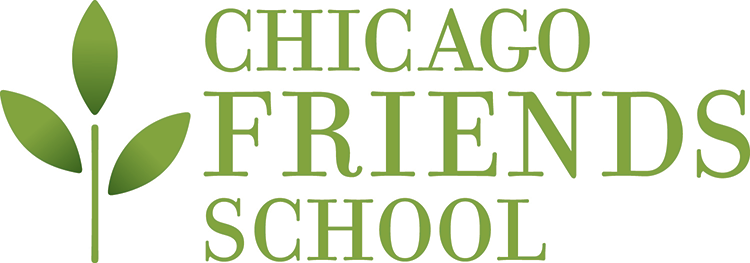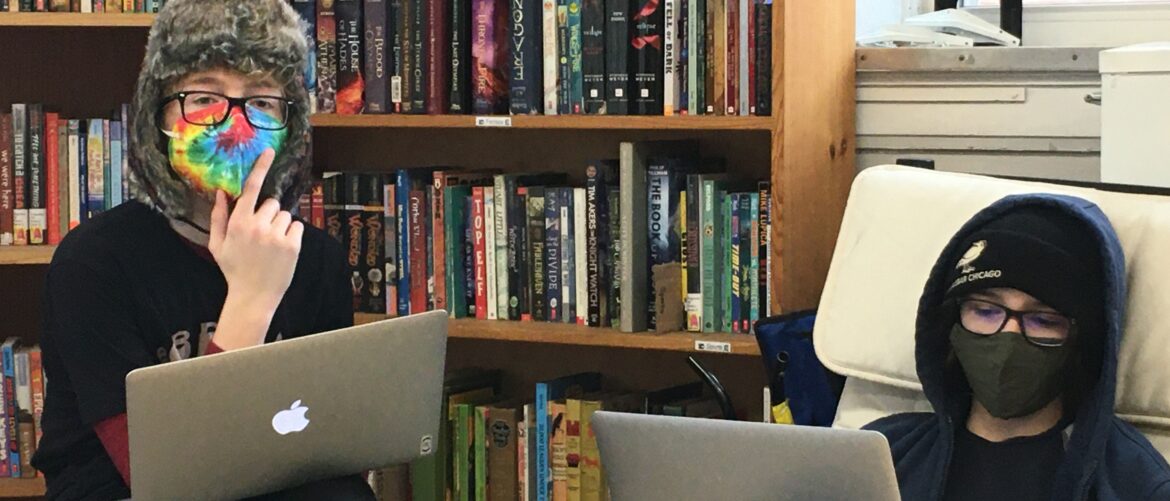In the middle school writing rotation, fiction writing came up on my unit map this year. While I have a curriculum that I regularly use to teach writing, I had a crazy idea- what if my students participated in the National Novel Writing Month (NaNoWriMo)? NaNoWriMo is traditionally an adult-led tradition where people worldwide commit to writing a whole novel in November. This challenge circles social media each year. Many first drafts of popular books have been written during NaNoWriMo, like Water for Elephants by Sarah Gruen and Fangirl by Rainbow Rowell.
How could I spend an entire trimester on an event that is supposed to just take place in just November? Could middle schoolers really write a whole novel in just a month? So I decided to take the leap and go for it. We would use ELA twice a week in October to talk about story elements and writing strategies, using our favorite (and not-so-favorite) published novels as models along the way. November would be just for learning strategies about writing, writing their novels, and one book club discussion a week. Finally, December will be dedicated to editing, revising, and LOTS of feedback.
I was quite apprehensive about committing to a big project like this. Many of my students are reluctant writers, and middle school is often a time where kids fall into an opinion binary regarding writing: either they love it, or they hate it. Nevertheless, I am SO glad I decided to go through with NaNoWriMo, at least so far- check back in with me in January. 🙂 There have been many unexpected payoffs beyond the students’ word counts. As I write this on November 18, the average middle schooler has written over 4,500 words!
One unexpected benefit is that students have become more invested in reading throughout the unit. All of the model novel excerpts and discussions around why we like certain books have fueled the kids to choose novels to read outside of class. Last month I had to step into a disagreement regarding whose turn it was to read Ready Player One, a book that had previously only been touched once in the past two years. I’ve also seen this challenge turn into a community-building experience. Competition can get intense in middle school, but I consistently overhear conversations in the hallway, at recess, and in the classroom, building up each others’ writing skills and congratulating each other for their progress. I’ve attached my favorite picture of this year so far- it’s of one of my ELA classes cheering on their classmate as he meets his word count goal.
I’m so excited to see where this writing journey leads us, as well as where all of their protagonists end on their journeys! Check back with us in January for the results!


Alyssa Clemens
Is our middle school humanities specialist. Born and raised in the western suburbs, Alyssa moved to Chicago to acquire her BS in Elementary Education at DePaul University. She pursued a Spanish language minor with a degree focus on adolescence and social sciences. Alyssa has taught many variations of grades 4-8 at both charter and Chicago Public school settings. Additionally, she has also worked for and volunteered at organizations such as Girl Scouts of America, Tutoring Chicago, and YMCA.
In her free time, Alyssa enjoys playing soccer, staying active, reading, traveling, and cooking with her fiancé.